6 Strategies to Market to Millennials
According to Pew Research Center, millennials have surpassed baby boomers to become the biggest generation in the United States. This generation, born between 1981 and 1997, is well-informed. They grew up with media and are wary of many marketing initiatives.
Some businesses have thrived, but many marketers continue to struggle to engage meaningfully with millennials. If income and growth are the objectives, marketers must develop marketing strategies targeting this group.
Here are six outbound marketing methods to get you started that will revolutionize the way you promote your brand, goods, and/or services to the millennial age.
Keep it simple
When it comes to marketing to millennials, less is more. Get to the point swiftly because if people lose their focus, they’ll shut your app, dismiss the browser tab, or, worst of all, unfollow you.
Consider the brand Google. The Google brand or any of their goods aren’t very glamorous, yet consumers flock to them in droves. Their emphasis is on a clear design that lends itself nicely to a greater user experience, and their brand language is brief, to-the-point, and approachable.
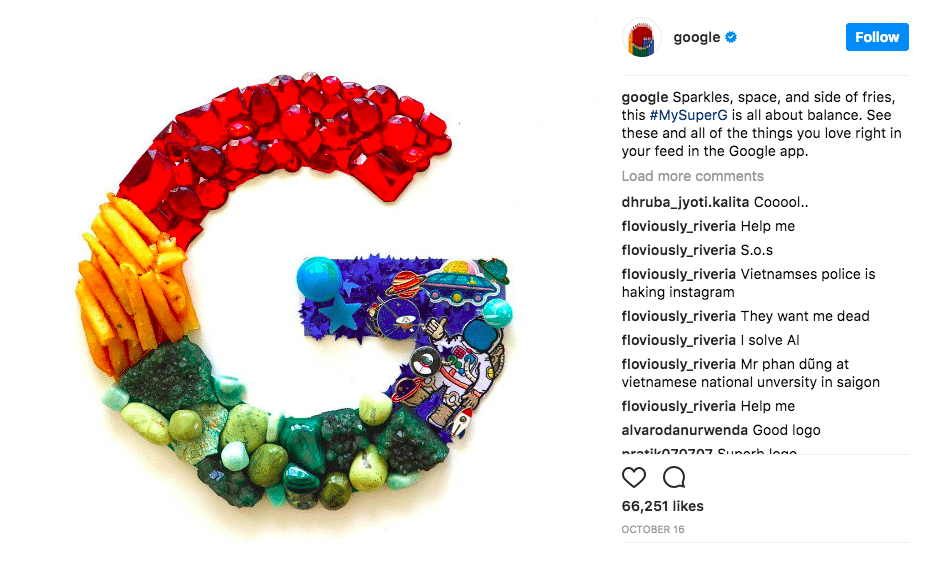
Make sure your material is scannable
Because millennials spend so much time on many gadgets throughout the day, they are used to shortcuts. Unfortunately, this implies they don’t spend much time reading through anything you provide them. As a result, your material should address this by:
- Shorter sentences and paragraphs
- Bullet points, numbered lists, and other “breaks” in formatting
- Header tags to facilitate scanning
- Less text and more visuals that tell your narrative
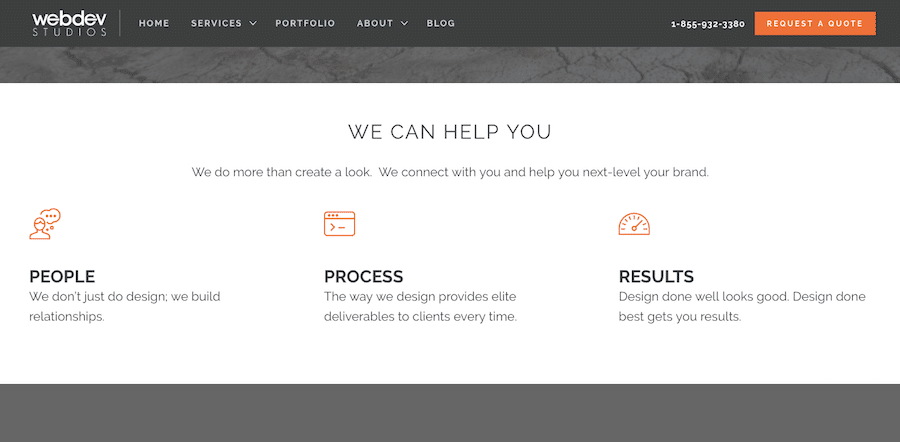
Keep it casual
Maintain a casual tone Slack is an excellent example of a corporation that employs a casual, accessible tone in its branding. Their software enables teams and groups to communicate rapidly through chat, and their welcoming message is reminiscent of just that—chatting with a team member.
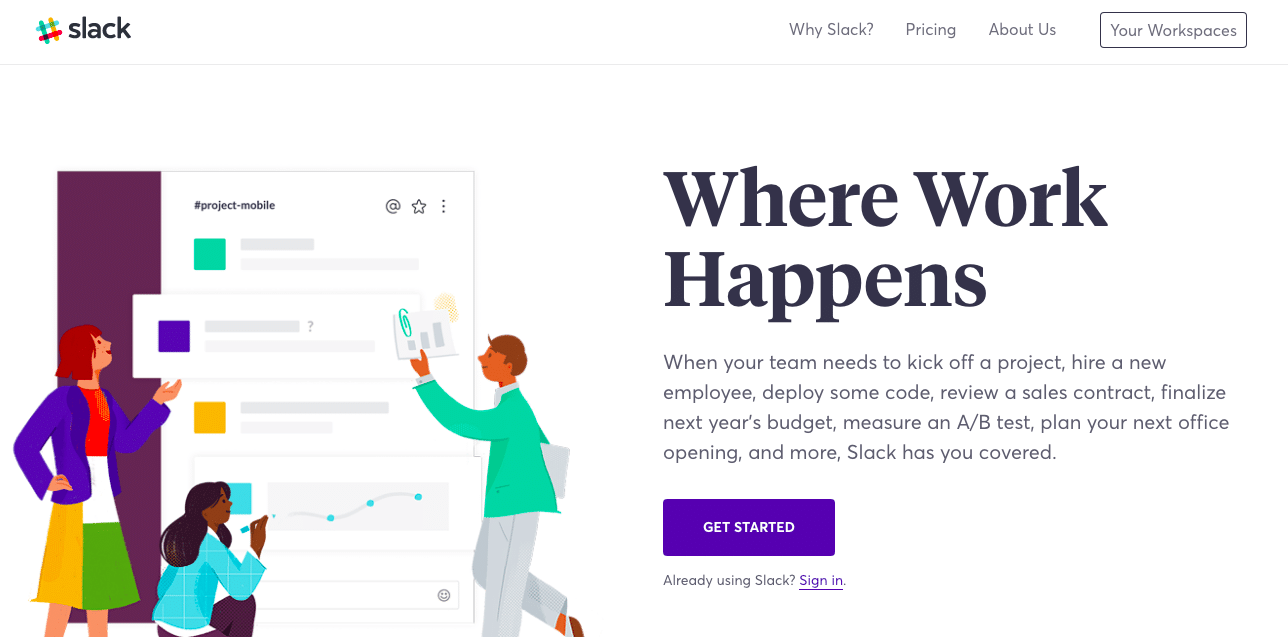
Visualize the plot
However, millennials would prefer watch than read. With shorter attention spans and hectic schedules, visual material is far simpler to consume than a long page outlining how your business works.
- Use images to tell your company’s narrative.
- As far as possible, avoid using stock photographs.
- Use authentic photographs that represent your company’s identity and what you do.
- Experiment with different material that suits the personality of your business. Memes, GIFs, and infographics are examples.
- Make certain that every graphic element is of good quality.
Don’t forget about the site’s design. Images and videos are excellent, but your site has to constantly communicate a narrative, from the colors you chose to the typography you utilize.
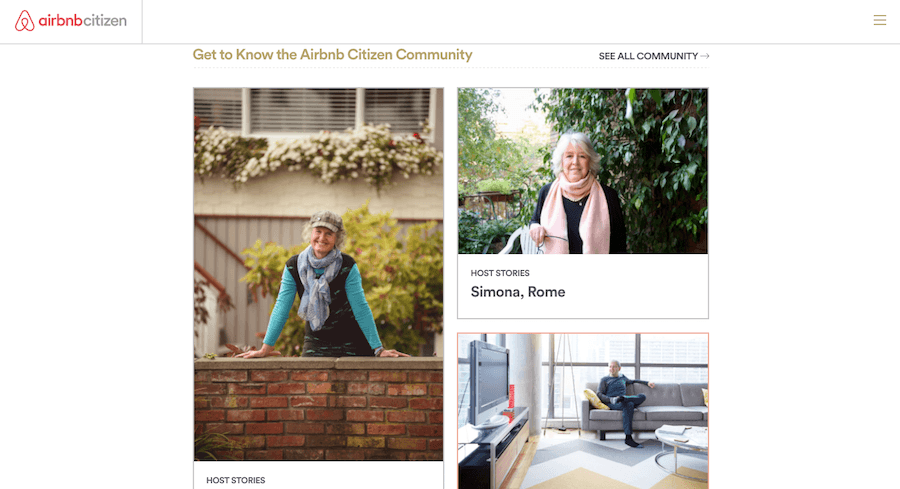
Integrate with social media
This should come as no surprise given that millennials are associated with social media. Don’t forget to add the following when directing people to a landing page or an app:
- “Follow” symbols for social media
- Buttons for like, sharing, and counting
- Widgets for social feeds
- Text with a click-to-Tweet button
- Sign-in with one click (for customer portals, checkout, etc.)
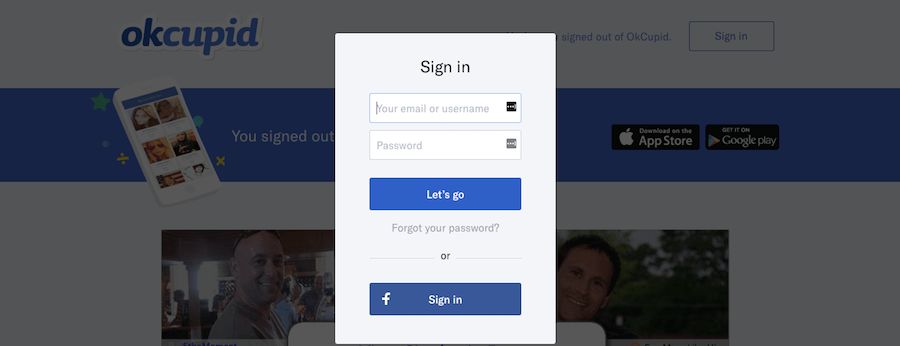
Make use of incentives
Millennials are vocal about their appreciation of a good bargain and how important those money-saving deals are in their decision to convert, so why not use that knowledge when marketing to them? To get those unique offers and loyalty benefits out to customers, you may utilize a number of methods on the site, email marketing, and social media.
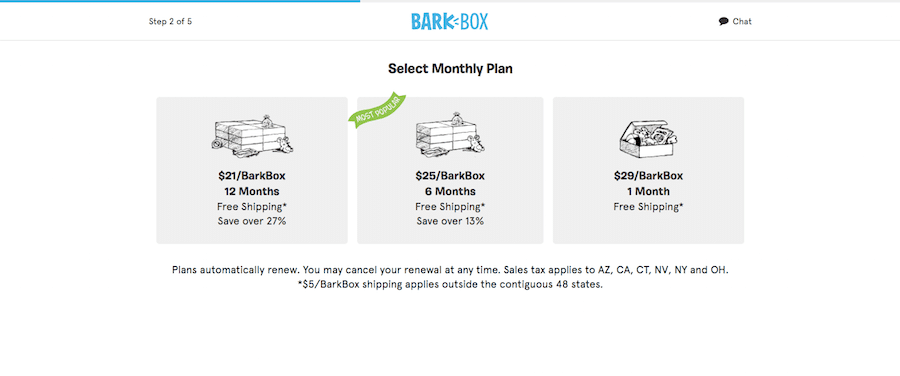
Conclusion
Some of these solutions are fast fixes, while others may need more time and effort. Begin where your team has the ability, and make judgments on how to proceed depending on what seems to be working best for your brand.
When it comes to design, message, content management, and engagement, millennials keep marketers on their toes. In essence, marketing to millennials makes us work harder and think more critically. In some ways, they are the ideal audience since they enable us to continue developing and learning as marketers.






Recent Comments